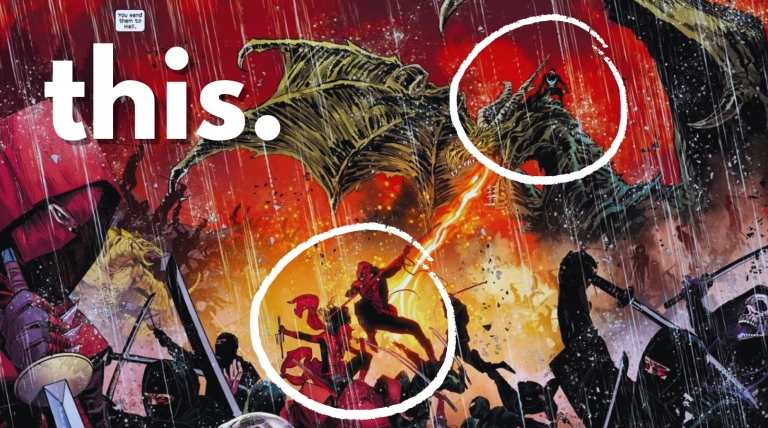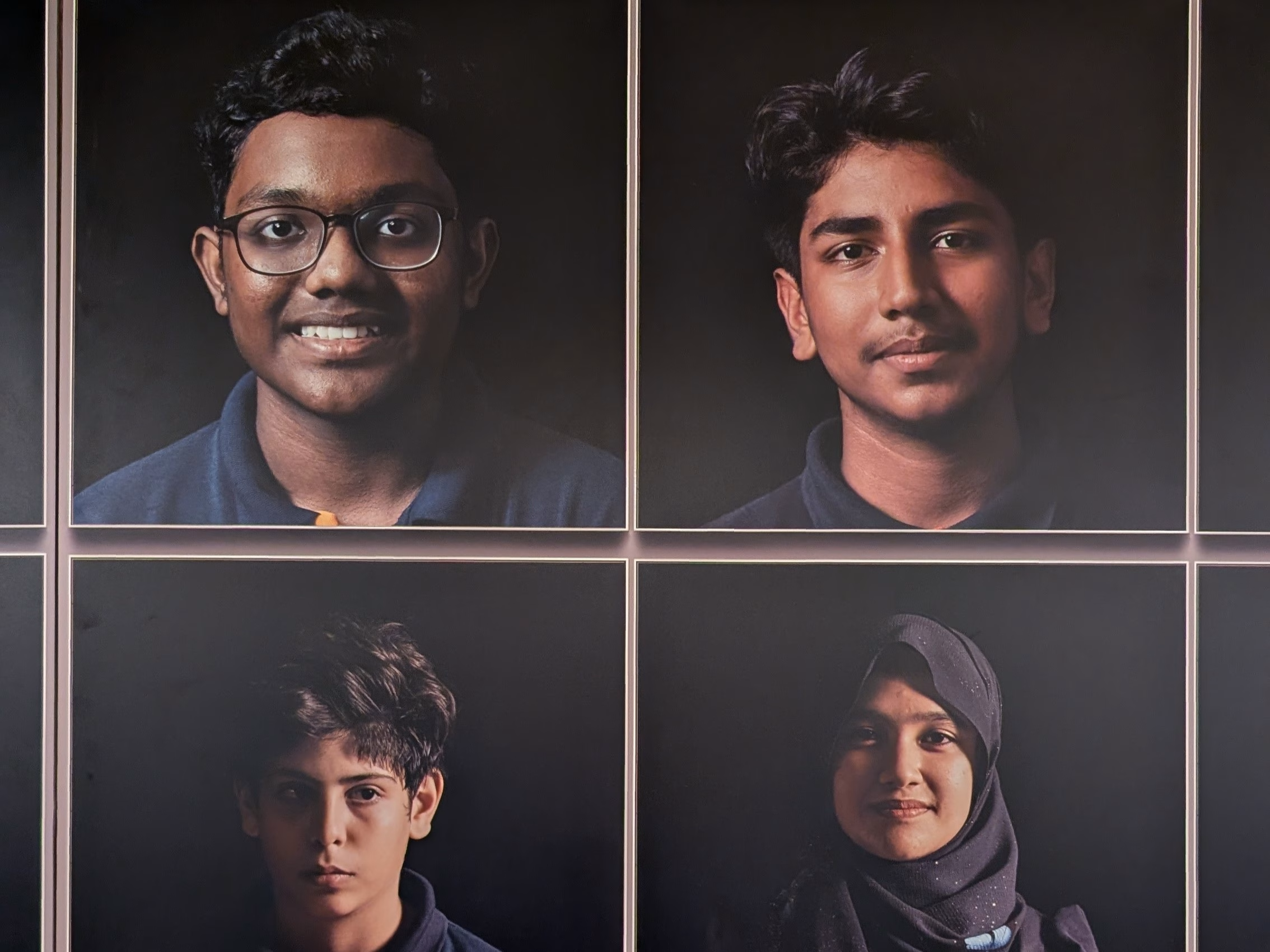
We see the refugees as outsiders. But are they truly just outsiders, or are there stories to them that we haven’t heard of?
There are millions of stories out there, waiting to be heard, to be seen. Humans have stories of their own, like a block of canvas with brushes and paints eagerly waiting to mark their colours on the canvas, making stories as they go.
I’ve always been fascinated by stories heard from the people. So, when Ideas International School invited me to yet another community event of theirs, I was really eager to join. Before this, there was a film screening and art exhibition from the school, which I’ve written about here.
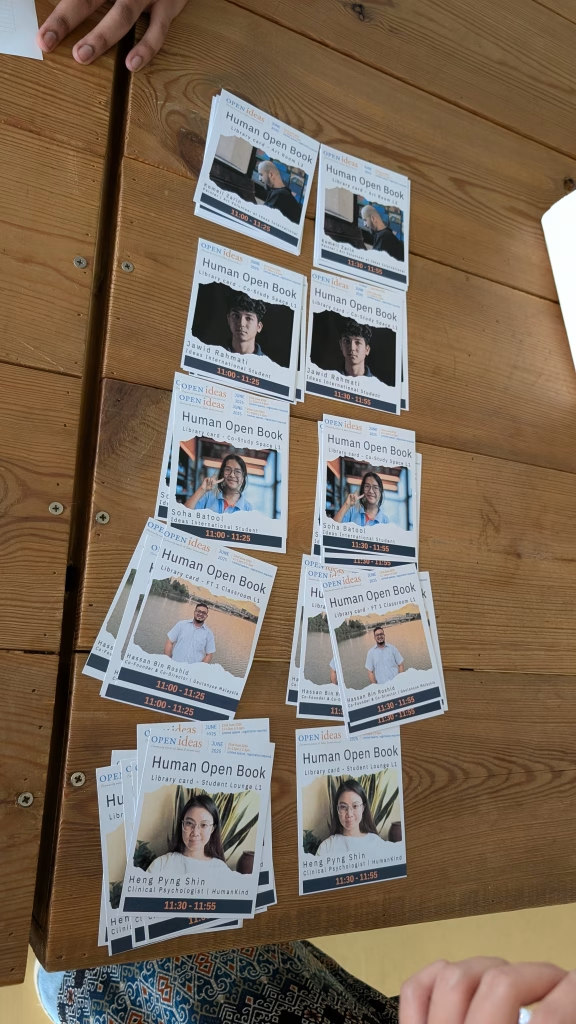
This time, the event was based on a concept called “human book”, where instead of reading stories in a book written by the people there, we got to listen to them talking about their own stories. There were two sessions: one in the morning and another in the afternoon (right after lunch break). One session lasted for roughly an hour or so. We were also allowed to bring a plus one, so I brought someone along with me (whom I prefer to call N).
Regardless of the sessions, there were a number of cards to choose from, each of which would bring us to a respective person displayed on that card. I picked two cards: one is a student from the school itself with a passion and dream for playing football, and another is a clinical psychologist who helps the refugees.
I thought that it’s fitting to hear both ends of the story: the one seeking help, and the one offering it. And the stories below are what we’ve learnt from them.
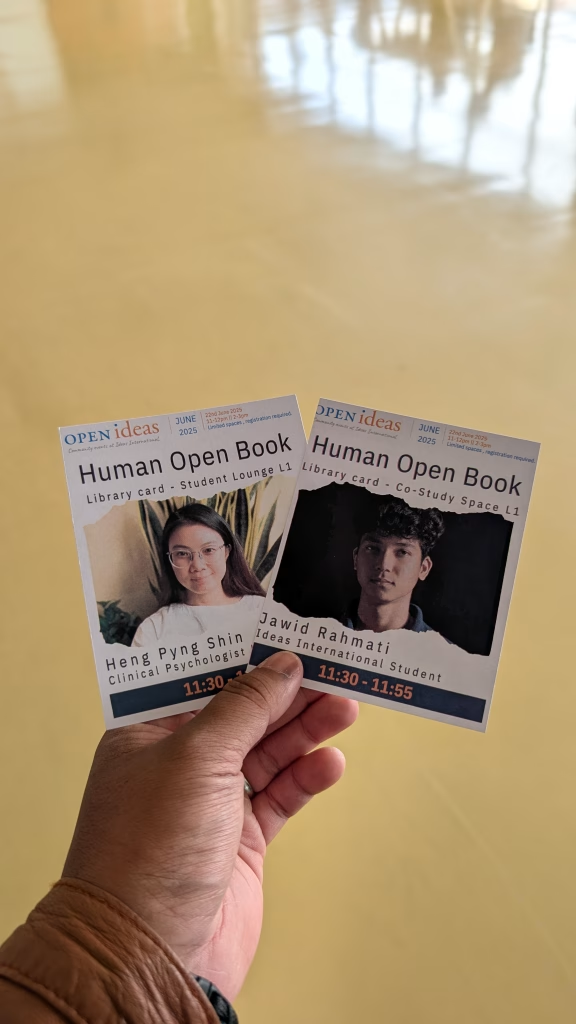
Jawid Rahmati: A 15-year-old with A Passion for Football
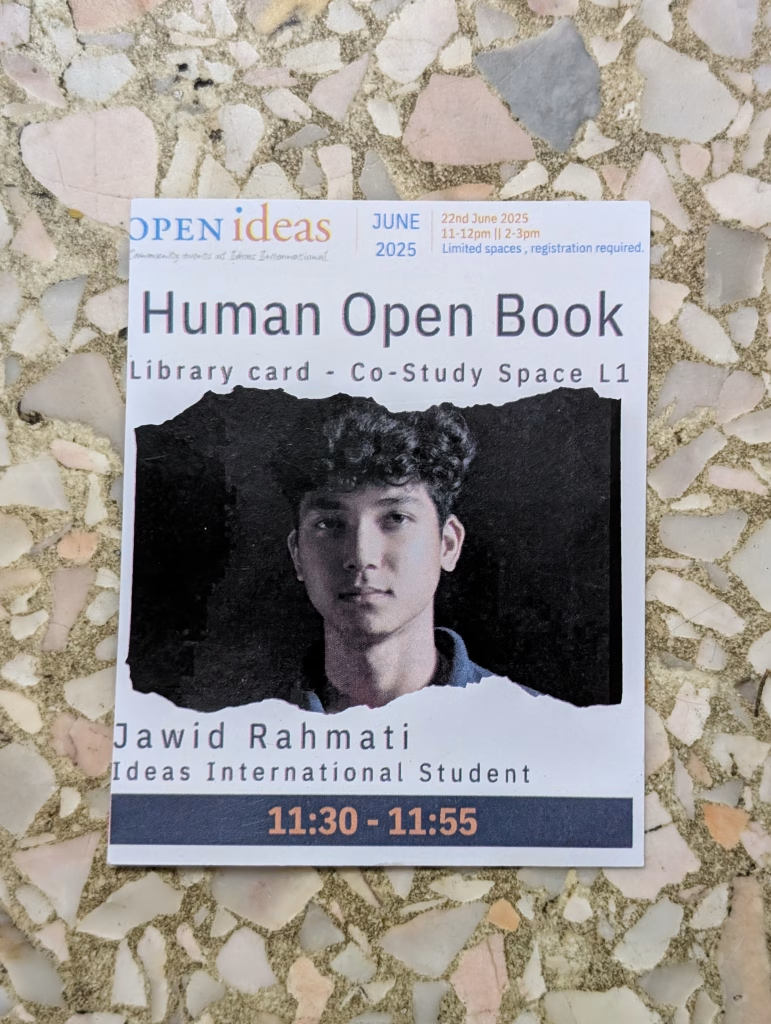
Born in Iran, Jawid was faced with harsh treatment from the locals due to his mixed nationality. Considering his parents were originally from Afghanistan, and the war that further escalated the conflict between the two parties, Jawid did not have it easy as a child. He had to endure it nevertheless; his parents would otherwise be out of jobs. He was called names, bullied, and often asked questions (“Why are you Afghan?”, etc.) that should be kept to themselves.
It wasn’t long before they travelled back to Afghanistan. It was not a smooth journey, according to Jawid. It was not by flight. No, they couldn’t afford it. Not that they could in the first place; some of them were considered illegal immigrants.
So they travelled by car. The road they travelled to get to Afghanistan was not a walk in the park. Only one car could pass through some areas at a time. Countless were stopped, mugged, robbed, and who knows what else. It was only by miracle that he and his family made it through safely.
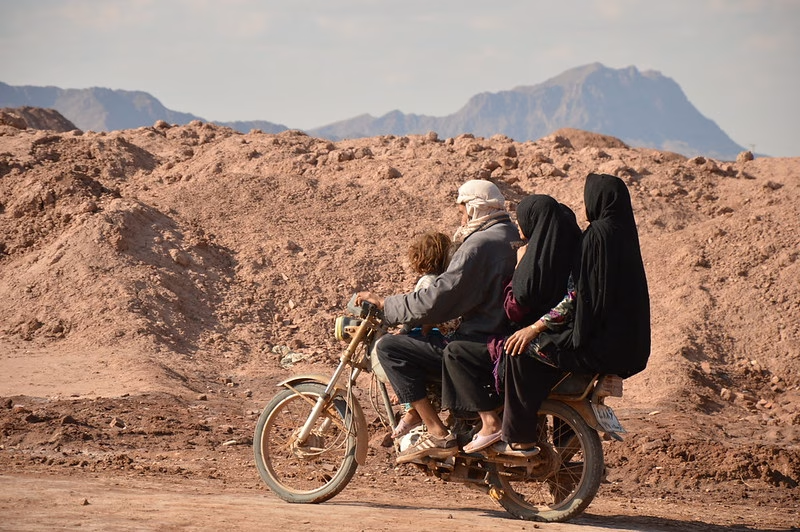
In Afghanistan, the treatment he received there was far more tolerable, like he belonged there, for once. That’s when he met his grandparents for the first time, and also his best friend. Jawid told us how he used to play football with his best friend every chance he could get. He would play football until it was late and get caught for it. But to him, those were good memories of him and his best friend.
But, good things do not last.
He, alongside his family, had to leave for Malaysia. They were in Afghanistan to settle necessary documents for travelling abroad, but nothing more. So, Jawid had to say his goodbyes to his best friend there.
A new hope reigned for Jawid and his family here in Malaysia, now that his father has secured a job. Jawid found himself playing football once again and slowly picking up the hobby throughout the years. He tried for friendlies, but he didn’t get the opportunity to go further. When rejected by the coach to play for the team he was yearning for, people would expect he’d stop there.
He didn’t, though. If there’s anything that he learnt throughout the years of trials and tribulations, it’s that it’s just an opportunity for him to “do better” than the last. At least, that’s what I heard from Jawid himself.
So he kept on playing for the smaller teams. He improved over time, and eventually was called again by the same coach to represent his team to play in Johor. Once, he was offered to play for his team, but it was overseas. He couldn’t travel outside of Malaysia, so that was one offer he had to decline.
From how he was telling the story, it was clear that this coach was a massive inspiration to him, and that they were close. Up until now, Jawid still plays for the coach’s team. His name is Lee.
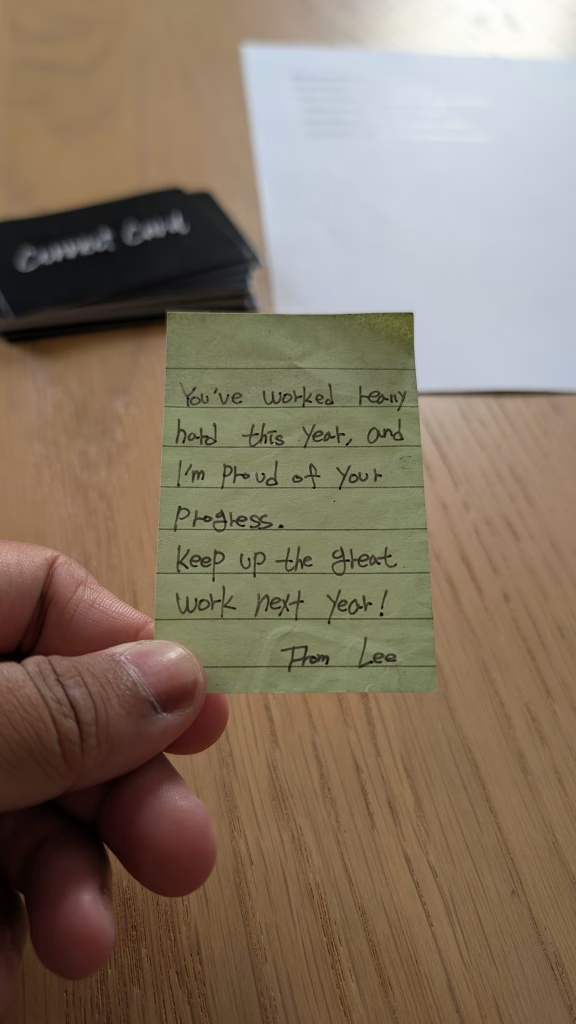
“How long have you stayed in Malaysia?” N asked.
“Since 2019”, Jawid answered.
He’s a child with hopes not yet shattered despite the cruel treatment he’s been through all these years. If anything that I’ve learnt from Jawid, it’s that there is always hope for those who are willing to sacrifice. In his case, his friends, his grandparents, his hometown, and as a refugee, his nationality. Sure, it’s not all butterflies and rainbows here in Malaysia, but to Jawid, it is a beacon of hope for him.
Heng Pyng Shin: A Clinical Psychologist with A Tender Heart
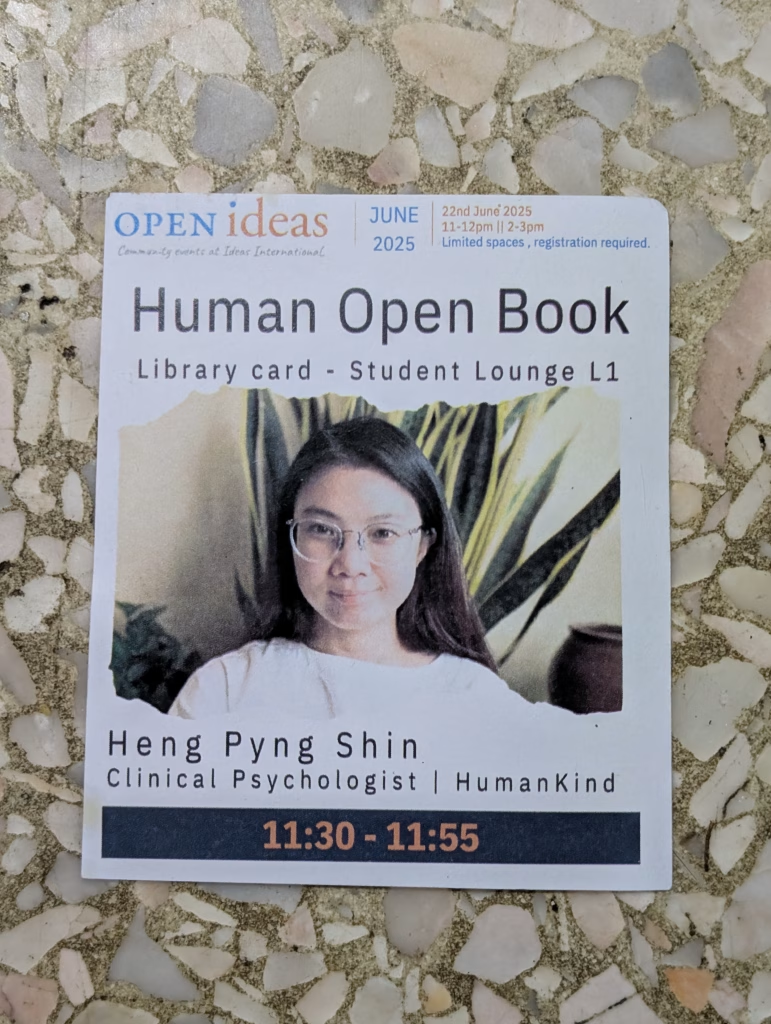
We’ve often heard stories from the refugees—how they got to Malaysia, and what they’re escaping from, their living conditions, challenges of living here, and so forth. But rarely do we ever hear stories from the people who offer help for those in need—in this case, the volunteers.
Heng Pyng Shin is a part-time volunteer who helps the refugees in multiple states, namely Penang and Kuala Lumpur. When we met her for the first time, she told us the stories of some of the people that she has helped thus far. There was a young child she once tended to—a child whose name and age remain undisclosed due to privacy concerns. The story told by the child moved her—who is usually unfazed by the things she’s seen—to tears. There was no explicit mention as to what the child went through, but there was violence that a child shouldn’t have experienced.
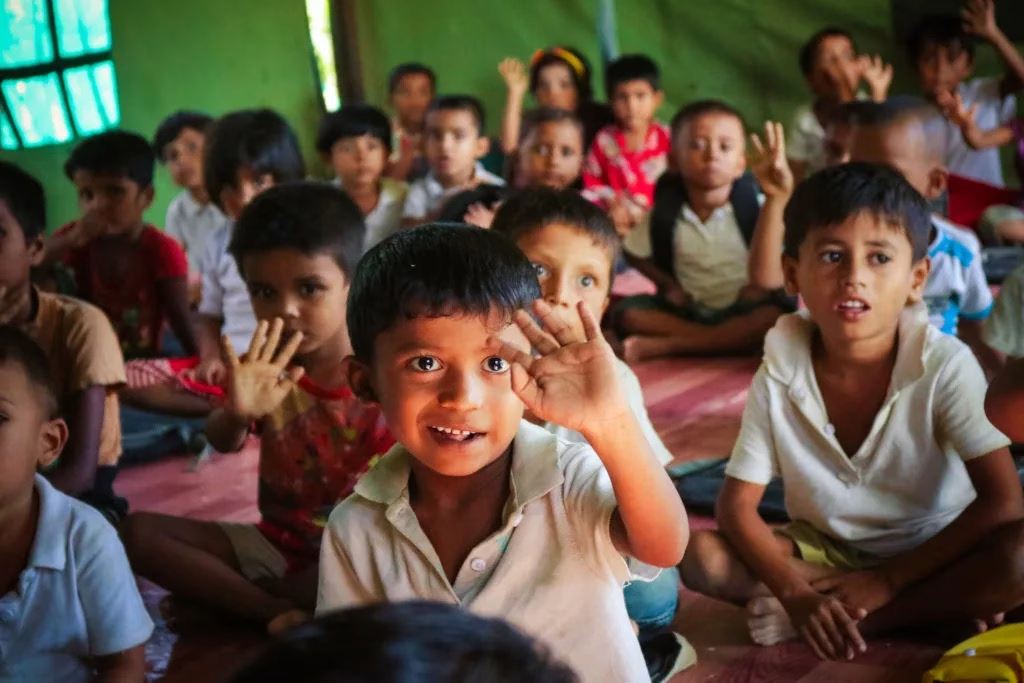
From her story, we’ve also learnt how the very small things we experience every day are a big stepping stone for them. Once, she was trying to teach the children drawing and writing. Except that they never held a single pencil in their lives before. Colouring pencil, a pen, papers—these things are foreign to them.
“I don’t know how to draw”, one child approached her.
“It’s okay. Just hold the pen and do whatever you want on this paper”, Heng Pyng Shin told the child.
The moment the child started doodling on the paper, she told us that the child, for once, was filled with glee, claiming that the child felt “powerful” and could “rule the world”.
Such a trivial matter to us indeed. But to the child, it was everything.
Volunteering to help those in need is not an easy task. It is not a job; it’s a charity. Heng Pyng Shin told us that there were times it was difficult to communicate with the people due to language barriers. The refugees—not all were given access to education. Some can’t read. Some can’t write. Some can’t speak the lingua franca. Without the interpreters, the volunteers would have no clue what they need or want.
“Were there times when you were on the verge of giving up?” I asked.
“Many times”, she said. “There was a time when I was in my room cleaning. Out of nowhere, I got angry and threw a fit. Everything was everywhere, the room was a mess—I didn’t know what got into me. After that, I eventually settled down and carried on my day like nothing had happened. I’m guessing it’s because of the pent-up anger that caused it.”
“Working as a volunteer in Penang, they give you day-offs, and you must take them. They insisted. Only then did I see why”, she added. “The thing is, the longer you work there, the shorter the time it takes for you to feel exhausted again. Like, in between day-offs, you feel burnt out much quicker.”
“And I’m only a part-time. I respect those who work full time as volunteers who have worked for five, or six years now. But then again, we don’t know what they’re going through, because everyone’s fighting their own battles”.
“What led you to continue doing this?” I inquired further.
“Because there is a need”, she said. N and I leaned in out of curiosity.
“It’s not because of the money, because this is charity work after all. There is just a need to help them. I’m not sure how to describe it. But yes, the people need help, and there is just a need for me to help them”.
“Let’s say we, as students, want to help. Is there any channel that we can use to lend a hand?” N asked.
“Yes. It doesn’t matter, really, as long as you can offer any help. In Malaysia, there are plenty of organisations that are charity-related which can find to offer any sort of helping hand.”
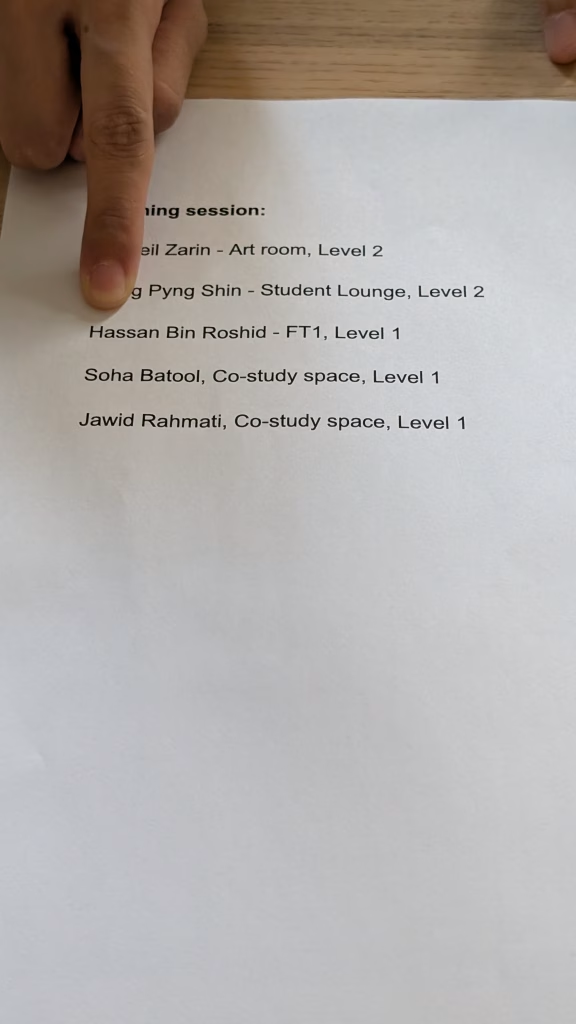
Not many are fit for the role in the community service. Heng Pyng Shin, gladly, is not one of them. She shared with us that there is always a need for volunteers. For as long as I have been working for the people around me, I can rest assured that I may share the same sentiment as hers when it comes to helping those in need.
But I’m not just offering to help; I do it for the story, too. To share it with the world. To let people know that there is still hope and good for the world, however slim the chance may be of seeing it.
Of course, there is more to learn about the school here. The official website shares all the information you need about the donations, events, and services you may want to join, if you’re interested. As always, I hope to see you again in my next entry.
